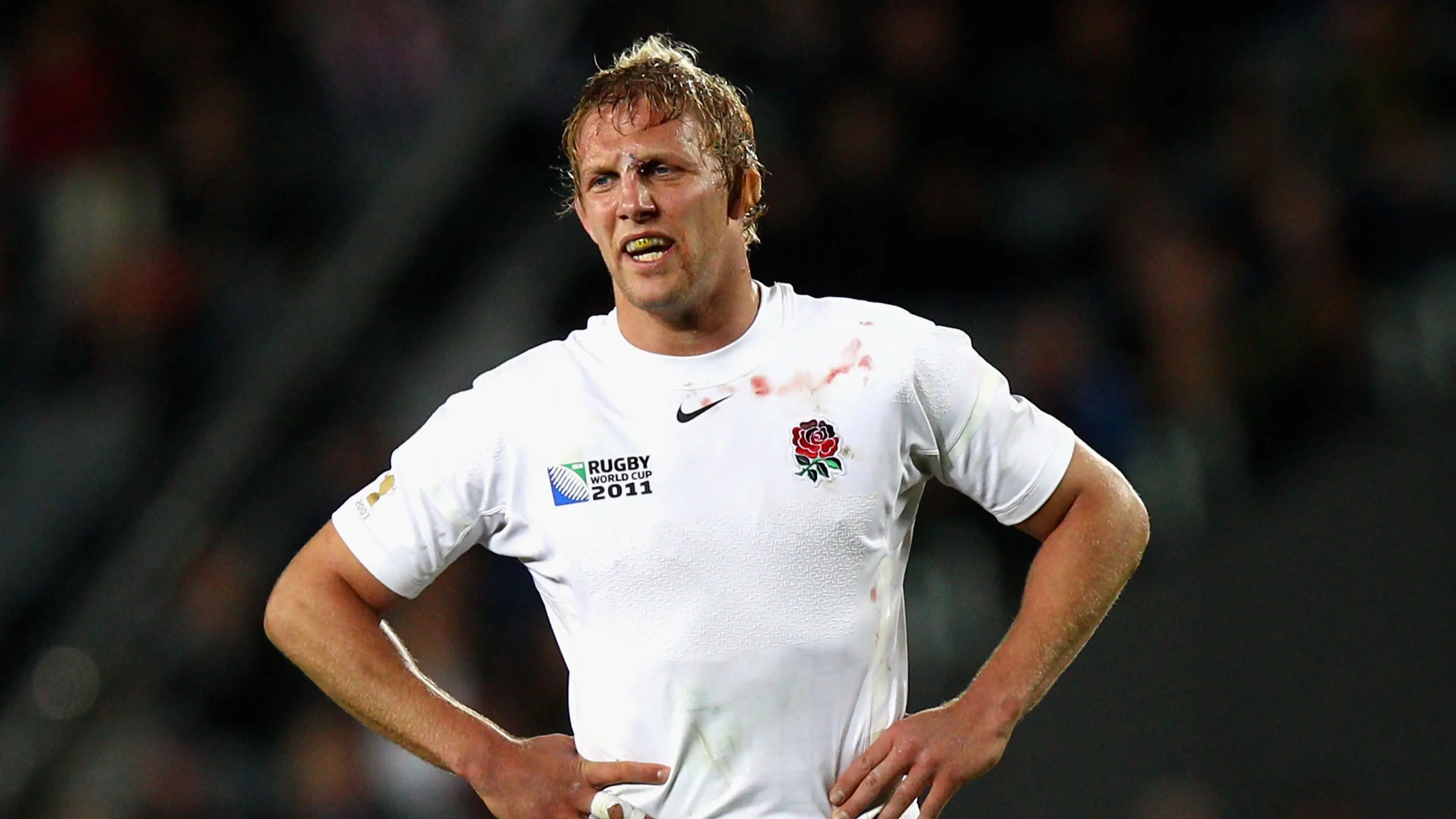
Former England rugby captain Lewis Moody has been diagnosed with motor neurone disease at the age of 47, after experiencing difficulty with his shoulder in the gym.
The sportsman noticed a weakness in his shoulder which didn't improve after physiotherapy, prompting him to go for a series of scans which later revealed nerves in his brain and spinal cord had been damaged by MND.
Moody shared the diagnosis on BBC Breakfast just two weeks after learning of his condition, admitting he hasn't wanted process the news.
"It's not that I don't understand where it's going. We understand that. But there is absolutely a reluctance to look the future in the face for now," he said, adding that he feels 'at ease' as he focuses on his immediate health and his family.
Advert

"You're given this diagnosis of MND and we're rightly quite emotional about it, but it's so strange because I feel like nothing's wrong. I don't feel ill. I don't feel unwell," the dad-of-two continued.
"My symptoms are very minor. I have a bit of muscle wasting in the hand and the shoulder. I'm still capable of doing anything and everything. And hopefully that will continue for as long as is possible."
Moody's diagnosis has come significantly earlier than the average age a patient is diagnosed, which is between 60 and 67. The younger a person is diagnosed, the longer their average life expectancy is following diagnosis.
Early signs of motor neuron disease
There are a number of symptoms that could point to the early stages of MND, however it's important to note that all these symptoms can exist outside of the neurological condition and should only be a cause for concern unless several symptoms are present at once.

Muscle twitching, which has been described as feeling like a ripple beneath the surface of the skin, can be an early sign of MND. According to MND Association, there's no reason for the twitching and many people live with it for their whole lives.
A 'foot drop' can be an early sign of MND, whee one foot feels weaker or drags when you walk. Of course this can be a result of injury too, but if it doesn't improve or continues to get worse, you should ask your GP to examine it.
Stiff hands or a weaker grip meaning you often drop things can be a symptom of MND, however this also can be associated with older age or a trapped nerve.
As MND progresses, it can also cause slurred speech due to the muscles in the face, mouth, tongue or throat weakening, while also leaving a feeling of breathlessness.
These weakened muscles can also result in difficulty swallowing food and drink, or leading to saliva causing a coughing or gagging. It's important to get these symptoms checked, regardless of whether they're related to MND or something else, as it can lead to dehydration and undernourishment.
MND can cause a side effect known as emotional lability, which is essentially emotional outbursts, which could look like laughing fits or bursting into tears. This symptom is also linked with a number of other conditions and tends to be temporary.
Meanwhile, half of people diagnosed with MND have reported experiencing changes to their way of thinking as well as their behaviour, as a result of cognitive change.
If you experience any of these symptoms, reach out to your GP for support and if you need any advice regarding MND symptoms specifically you can contact the MND Connect Helpline on 0808 802 6262.
